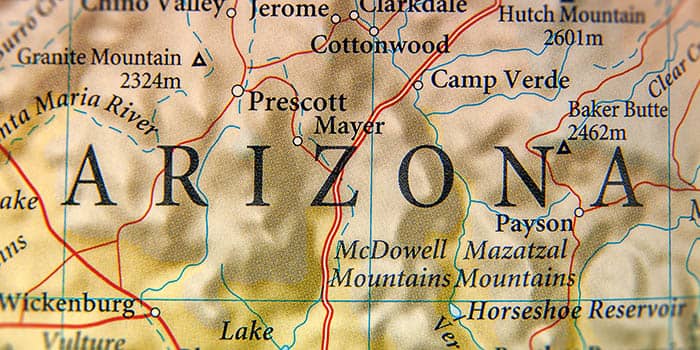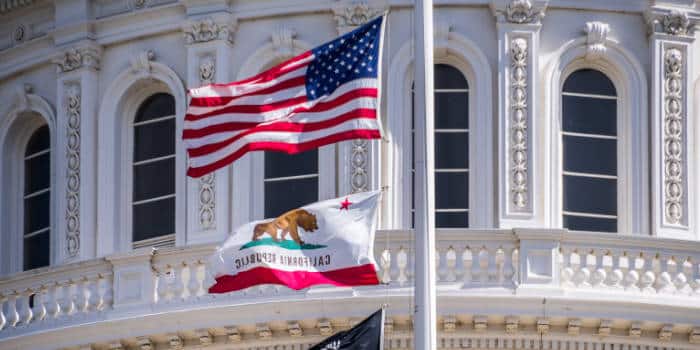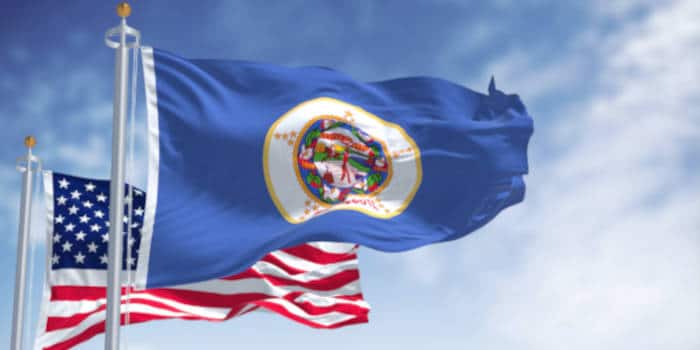Fact-checked by Angel Hristov
Arizona’s Pushback Against Prediction Markets Continues with Letter to CFTC
Prediction markets have been all the rage, offering fans a way to engage with a variety of events and win money for correctly predicting their outcomes

Arizona’s fight against prediction markets continues as the local gaming regulator asked the Commodity Futures Trading Commission (CFTC) to take action. This comes amid continued controversies involving these novel product offerings.
Prediction Markets Remain a Point of Contention
Prediction markets have been all the rage, offering fans a way to engage with a variety of events and win money for correctly predicting their outcomes. Whereas traditional sportsbooks remain focused on sporting events, prediction markets allow players to stake on the outcomes of a variety of political and legal happenings too.
Unlike sportsbooks, the prediction markers use a format that isn’t strictly classified as betting, instead providing contracts tied to the outcomes of events. As such, they fall under the jurisdiction of the CFTC, which allows them to operate across all states, unlike sportsbooks, which have to abide by regional regulations.
Regulators and sports betting stakeholders have therefore opposed prediction markets, called their products illegal betting and criticized the CFTC for giving them credibility. Arizona, which has been among the most vocal states in its opposition to prediction markets, has just reached out to the CFTC, urging it to do something.
Arizona Asks CFTC to Take Action
In a letter dated June 2 and addressed to Caroline Pham, the acting chair of the CFTC, the Arizona Department of Gaming (ADG) expressed serious concerns about sports-event contract providers.
Jackie Johnson, director of the ADG, said that the Copper State firmly rejects the idea that states have been developing complex regulatory frameworks only for Congress to “secretly upend its historical approach to gambling in the Commodities Exchange Act.”
Johnson asserted that prediction markets’ products constitute sports betting and that their providers, which include the likes of Kalshi and Robinhood, must therefore acquire a local license and pay all applicable fees and taxes.
She also noted that the CFTC is unable to provide the same oversight that state regulators do and that prediction markets therefore fail to reflect the same ethos to protect consumers from harm.
To top it all off, Johnson said that prediction markets hurt tribal operators, which have long depended on gaming compacts with state authorities, thus hurting tribal communities.
In the ADG’s letter, Johnson asked the CFTC to take action against prediction markets and acknowledge that their products constitute gambling.
In the meantime, Kalshi, which is one of the largest prediction markets, continues to face regulatory pressures across the US. However, the platform has vowed to fight back, saying that, as an entity that falls under the CFTC’s jurisdiction, it would cease to offer its products only if the commission tells it to.
Although Fiona doesn't have a long-spanning background within the gambling industry, she is an incredibly skilled journalist who has built a strong interest in the constantly growing iGaming network. The team at Gambling News is glad to have her on our roster to help deliver the best stories as soon as they hit. Aside from writing, she loves to dabble in online casino games such as slots and roulette, both for her own enjoyment and also as research to better improve her understanding of the industry.

















